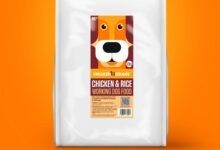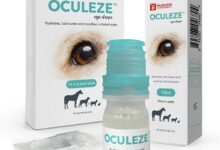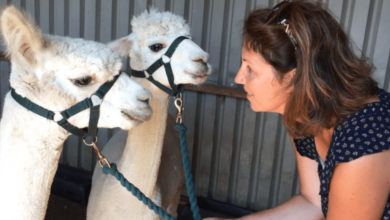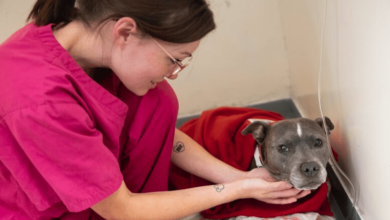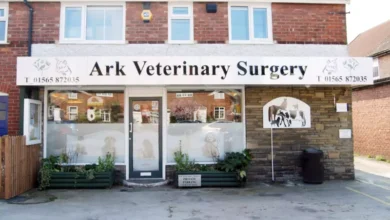Complication rates of neutering revealed in national audit
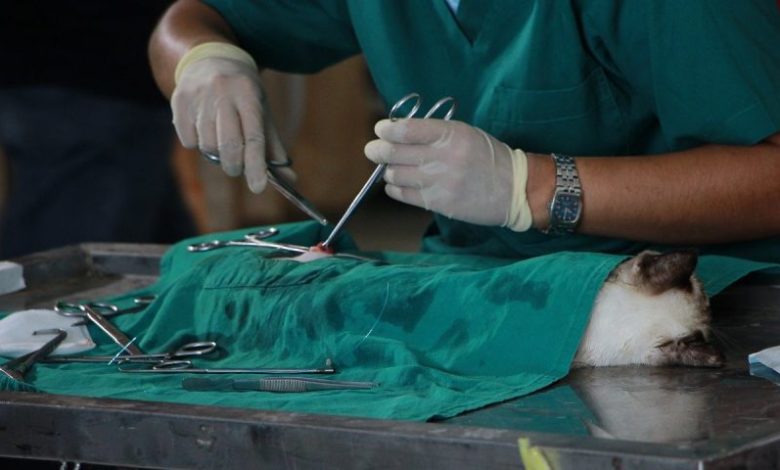
The first major audit of routine neutering of cats and dogs in the UK has revealed the complication rates associated with the procedure, including the number of abnormalities requiring medical treatment or further surgical intervention.
The audit data, comprising over 30,000 individual cases from veterinary practices across the country, provides benchmarks against which the profession can measure its performance and levels of improvement. The data analysed and released by vetAUDIT in August 2018, revealed the following:
- Between 8.2 percent and 9.1 percent of all cases involved one or more abnormalities requiring medical treatment or surgical intervention
- Just under one in 10 of all cases were classified as abnormal but with no further treatment necessary
- Fatality occurred in 0.1 percent of animals
- No abnormality was present in over three quarters of all cases
- In both species, spays suffered more complications needing treatment or surgical intervention than castrates
- Neutering of dogs and bitches triggered more abnormalities than the equivalent procedures in cats
- The figures have remained remarkably static when compared to those of previous years
Bradley Viner, one of the team behind vetAUDIT and the chair of the Quality Improvement Advisory Board at RCVS Knowledge, said: “Benchmarking is a great way to compare how your practice is performing compared to the national average, but it needs to be the first stage in a quality improvement process.
“Veterinary teams invariably want to do the best for their patients but we have to recognise that we work in complex systems that do not always function perfectly. Recognising that we can always do things better and discouraging defensive behaviour are the first steps in driving forward quality of care.”
He added: “I am hopeful that by encouraging practices to reflect upon their performance and consider how they can reduce their complication rates, we will start to see continual improvements over time.”
Practices can include themselves in the audit by submitting data using the form on the vetAUDIT website: www.vetaudit.rcvsk.org. It will be analysed free of charge and incorporated into the national benchmarks where results can be compared with the UK averages. All published data will remain anonymous.
Practices can carry out their own audits and produce internal benchmarks, guidelines and checklists to help monitor their progress by using the free resources on the RCVS Knowledge website: www.rcvsknowledge.org/quality-improvement/tools-and-resources/.




